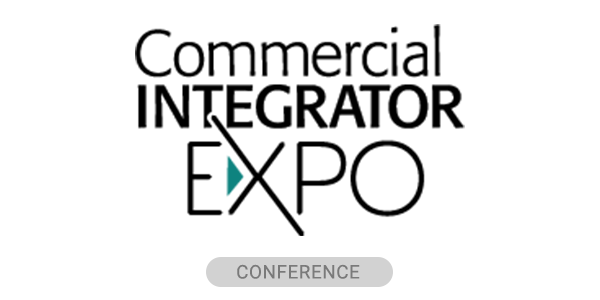Business leaders across all industries and generations should collectively look in the mirror and decide that enough is enough with the overt discrediting and diminishing of millennial employees. In other words, stop the millennial bashing.
It’s fine to criticize individuals who demonstrate an unearned sense of entitlement or unprofessionalism.
It’s fine to draw a line in the sand when it comes to irresponsible or careless use of social media during company time.
It’s fine to stand by company policies when it comes to work hours and when employees need to be in the office.
What’s not fine is generalizing an entire group of people.
That is never fine. We should all agree on that.
There are now more millennials, between the ages of 18 and 34, in the U.S. than Baby Boomers making it the nation’s largest living generation, according to Pew Research Center. That 2016 research estimates millennials at 75.4 million. That’s a lot of people to lump into a bucket.
When the industry seems to collectively criticize millennials’ work ethic it reminds me of a bunch of old men yelling at kids to stop cutting through their lawns.
I find it surprising that so often at integration industry conferences the conversation devolves into millennial bashing.
During NSCA’s 19th annual Business & Leadership Conference in March, Deloitte’s Cathy Benko delivered a keynote presentation on the concept of developing a corporate lattice (instead of the traditional vertical corporate ladder) which she wrote about in her book, The Corporate Lattice: Achieving High Performance In the Changing World of Work.
Benko’s speech included a section in which she described a bulleted list of millennial employees’ ideals and characteristics. Much of what she said was complimentary (at least that’s how I interpreted it), but perception is everything. As she described her views on millennial employees’ approaches to things like company loyalty and respect for higher-ups, there were smatters of dismissive laughter from the crowd.
Related: The Problem Isn’t with Millennials. It’s with Old People.
At one point Benko indulged the frustration that many employers have with millennial employees. She polled the audience on points of contention they have with young members of their organization. Once she roused the audience, she told them to “Get over it, because it’s not going anywhere.”
The “because it’s not going anywhere” part isn’t exactly a ringing endorsement, but I can get behind the “get over it” part.
A Management Issue, Not a Personnel Issue
The integration industry should be embracing its next generation of leadership. It’s easy to scoff at the concept of those young professionals eventually leading their organizations. It’s harder to envision how prior generations might have viewed you when you were between the ages of 18 and 34.
The workplace has changed. Nobody knows that better than those in the integration industry. It’s not just the technology that has changed. A more digital environment has simply changed the way people work. It’s less physical. That goes for the services that integration firms provide to its customers, too. Installing hardware is still vital, but less tangible solutions such as software development and managed services are also gobbling up employees’ time.
[related]Young employees have different expectations when they enter the workforce than previous generations did. That should be obvious since they’re entering a workforce that offers different solutions.
Meanwhile, those previous generations seem to disregard that they may have appeared brash or entitled to their seniors. When the industry seems to collectively criticize millennials’ work ethic it reminds me of a bunch of old men yelling at kids to stop cutting through their lawns.
A person is a millennial based simply on their age. Each millennial is different. Some are ambitious. Others are not. Some are loyal. Others are not. Some excelled in school. Others did not. Some come from supportive families. Others do not. Some are active or former military (average age of all U.S. armed forces falls into the millennial category). Others are not.
The same can be said for individuals in all previous generations.
When you have issues with employees, take it up with them. Hold them accountable. Remember that your challenge relates to individuals, not an entire generation.
Related: Tips for Employee Retention — Culture, Culture, Culture and Culture




